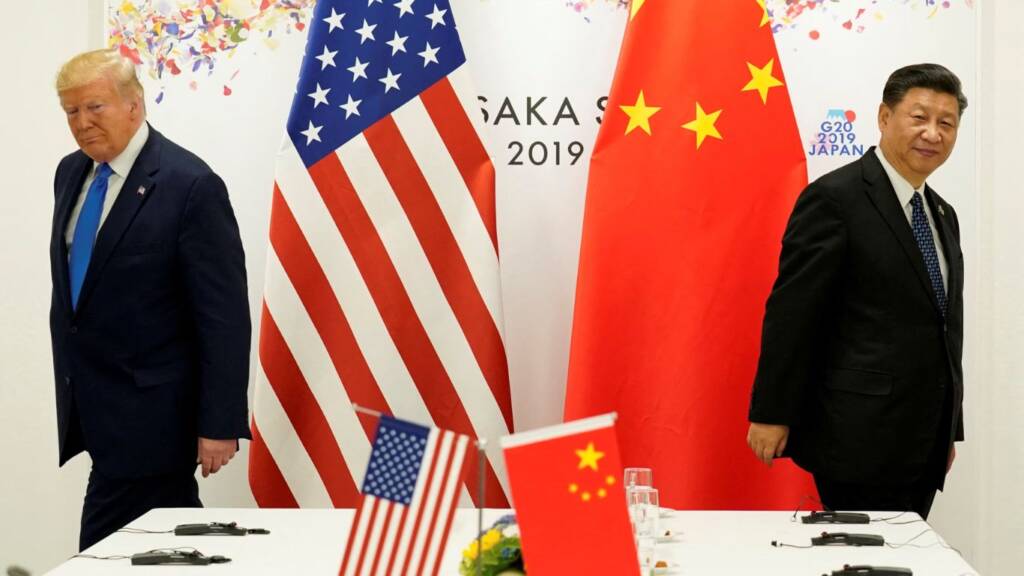For most nations, their youth are their future but for China, they are emerging as a threat. Chinese Gen Z are refusing to spend money and instead are focused on enriching their savings account. This growing trend of saving money began during the economic uncertainty of the pandemic and worsened with the property market crisis.
Despite government encouragement to spend more, many young Chinese are focused on cutting costs and saving for the future. Some are saying, it’s a silent protest of Chinese youth against economic policies imposed by the government of chairman Xi Jinping. On (RedNote), a social media platform similar to Instagram, young people under 30 are sharing tips on saving money.
Popular posts include advice on reducing lunch expenses and finding affordable shopping options. Influencers are also promoting financial discipline as a lifestyle. Posts on saving money are gaining views in millions and billions.
One thing is quite clear: Chinese youth know their economy is sinking and they are already planning for the doomsday. “I feel the economy is not doing well, and making money is hard for everyone,” said a girl who works for Alibaba. Although she earns a stable salary, she sees the tech industry as uncertain. To prepare for the future, she has stopped impulse spending and aims to save 2 million yuan ($250,512), which is 100 times her monthly salary.
Recent data from Yu’e Bao, a money market fund on the Alipay app, shows that Gen Z is actively saving. Users born after 2000 made an average of 20 deposits per month by the end of last year—double the number recorded in May. Additionally, the average balance in their accounts was nearly 3,000 yuan, a 50% increase from the previous year.
Also Read: What a Trump Presidency means for the New World Order
This trend of saving money may prove fatal for the Chinese economy. While saving is a smart personal choice, economists warn it could harm China’s economy. With young people spending less, demand for goods and services is dropping, causing prices to fall on everything from cars to bubble tea. This trend could slow the growth of the world’s second-largest economy.
This cautious approach is a stark contrast to the spending habits of the “moonlight” generation—those born in the 1980s and 1990s. Back then, rising incomes and expanding opportunities encouraged them to spend their entire paycheck by the end of the month. But times have changed. Economic slowdowns, COVID-19, and government crackdowns on private companies have made Gen Z more cautious.
Many young people are now seeking stable jobs in government or state-owned enterprises. Some are planning to take the civil service exam eventually. Unemployment among people aged 16-24 remains high, reaching 21.3% before the government stopped releasing this data. By the end of last year, the youth jobless rate had fallen to 15.7%.
Unlike the carefree attitudes of earlier generations, China’s Gen Z faces existential concerns. Buzzwords like “lying flat” (opting out of the rat race) and “involution” (being stuck in meaningless competition) reflect their struggles. These cultural shifts have contributed to lower spending, which may lead to slower economic growth and fewer mid-priced goods and services.
China’s economy grew by 5% in 2024, but experts predict slower growth in the coming years if these saving trends persist.
Now, combine this trend with the new threat from the Trump administration in US. China has been an export-oriented economy and Trump will strike China right at the heart of it. At a time when exports would falter, China’s reliance on domestic demand and consumption will increase manifolds. And that’s where the role of Gen Z comes into play. They must spend more to keep the Chinese economy up and running. But they are lying back. They are opposing Xi Jinping’s reckless steering of the economy.
